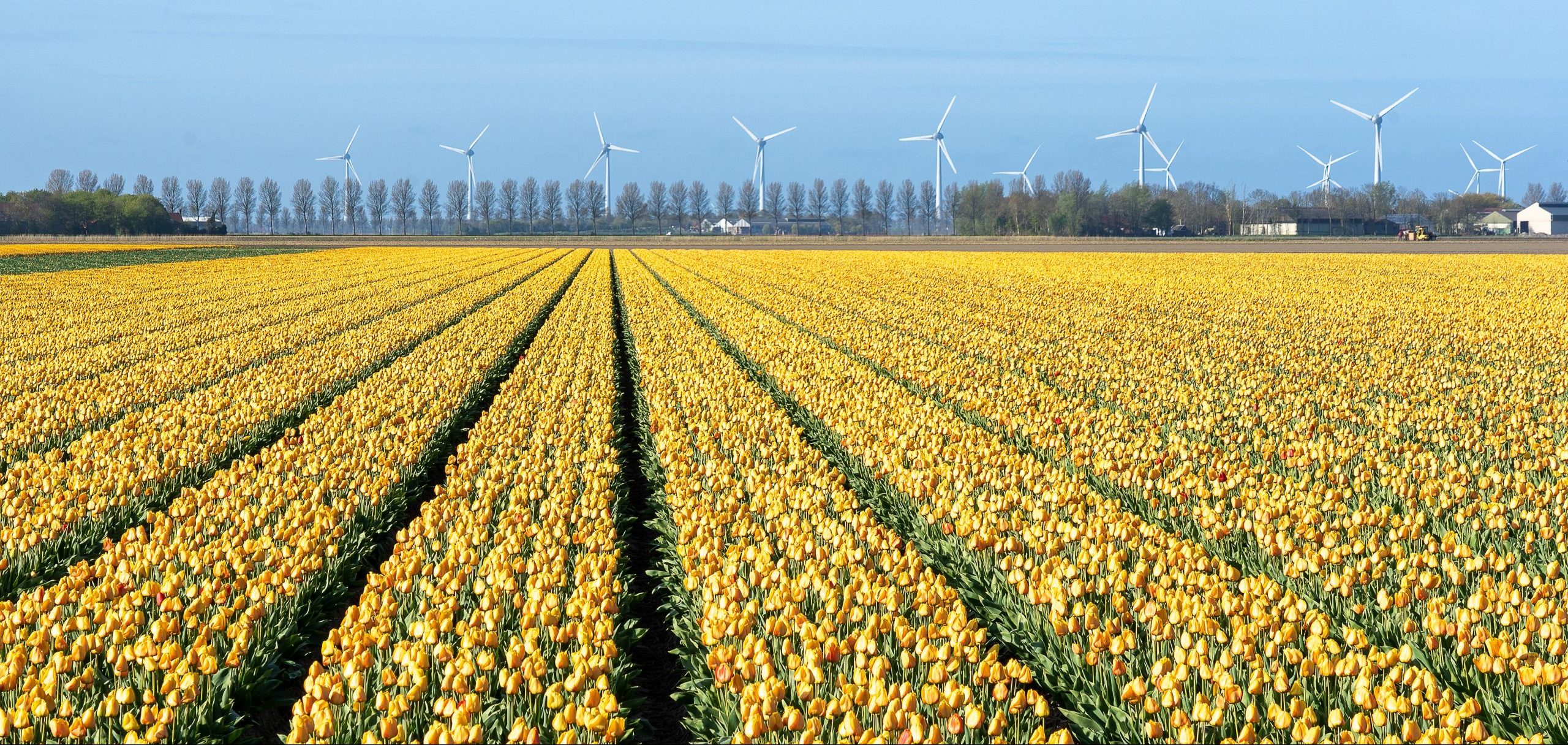It's nearly impossible to discuss cleantech and climate change without acknowledging the impact on agritech and agrifood. Lost and damaged crops due to drought, wildfire, floods, and other extreme weather events have been affecting Canadians for years, with this summer illuminating the issues of food security and resiliency even more. On the way to COP26, Jeanette stopped in the Netherlands, a known agribusiness hub recognized across the world as a leader in production and sustainability. She picked up a veritable feast of ideas about agtech innovation.
I was heartened to see signs of significant collaboration this week, including the Glasgow Initiative that will promote the uptake of clean technologies by imposing worldwide standards and policies. Agriculture is one of the sectors highlighted - and a key area of focus for Foresight through our agriNEXT initiative.
agriNEXT is a pan-Canadian, ag-specific accelerator and network hub established by Foresight to drive development and scaling of Canadian cleantech ventures that address the environmental and competitiveness pain points of our agriculture industry. We are delighted to be working on this initiative with Natural Products Canada and others.
Foresight has supported over 100 agritech ventures since 2018 so it is no surprise that we have developed partnerships in the Netherlands to better understand what programs and initiatives would really work to scale innovation in the sector.
Did you know?
- The Netherlands is second in the world for global food exports, totalling more $100 billion per year.
- It is the most sustainable country in the agriculture space, according to the World Economic Forum.
- Just 6.4% of land in Canada is used for farming versus over 54% in the Netherlands. Canada has a big opportunity here for long term water and food security, but we need to get it right.
- A 1% increase in light leads to 1% increase in productivity, according to some estimates. This metric can be scaled to increase yield with the right infrastructure.
Considering the small size of the Netherlands, their impact on the global agriculture sector is truly remarkable. Just imagine what Canada can learn and do with a strong investment into sustainable agricultural practices and our vast amount of farmable land, respectively. My visit proved, yet again, that we have interested partners in Europe that are ready to help us get there.

A few ideas:
- The Dutch government implemented a program to help farmers become energy neutral through 7-year funding program terms for wind turbines and other sources. And the program itself is renewable (get it?). Canadians need programs to better support farmers’ adoption of renewable energy technologies. Easy to access, frictionless finance for those investing their livelihoods in supplying communities with food.
- As our climate becomes less predictable, Canada will need to invest seriously into greenhouse infrastructure. According to our colleagues in the Netherlands, this is a completely different way of farming. We need to combine training and financing to support Canadian farmers to navigate this transition, building on practices already established in regions such as Ontario. This would effectively also increase yield, therefore, making investment in farmland more attractive than homes and condos.
- Speaking of financing, there is a trend in Europe that private equity firms are investing BIG into agriculture and agrifood. And it makes sense! We ALL need healthy food to survive and there is going to have to be a shift in trends to make sure our food supply survives the climate crisis, population growth and less ideal practices that reduce the nutrients in everything up to the basic carrot. #agriNEXT partners have a plan to support these firms as they engage the Canadian ecosystem.
But there is more….
With so much opportunity, we need to tackle an ecosystem approach to engaging the agtech community. Foresight and partners have been tirelessly working with respective governments to showcase models where small amounts of government support can be leveraged 5x, 10x, 20x and more. The model we have been proposing parallels that of our colleagues in the Netherlands, and the results they shared with me do not lie:
- 71 global industry partners
- $3 billion revenue a year (just from this collective)
- 80% exports (while still servicing local communities)
And the model is completely integrated with research and education. They support over 1,200 students a year (focused studies) and have over 35,000 visitors a year (pre-COVID). The plan is to continue to evolve and grow. Foresight will be here to learn and follow in step if we have the right support to do so.
There are many next steps to explore with our #agriNEXT partners. Stay tuned for more insights from COP26, including Canada’s presence.



